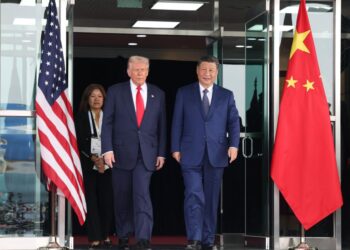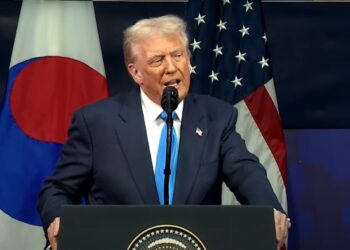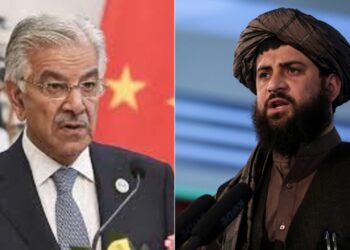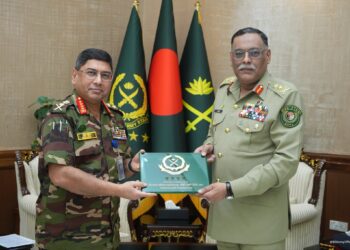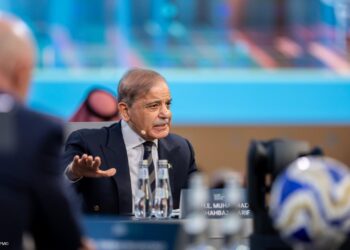Israeli forces targeted civilian infrastructure in
Iran while Iran responded with missile
attacks on Haifa and the Tel Aviv area
Web Desk

Karachi: The conflict between Israel and Iran has entered its fourth consecutive day, with both nations continuing to exchange deadly strikes, showing no signs of de-escalation. On Monday, Israeli forces targeted civilian infrastructure in Iran, including a hospital and the state TV building in Tehran, while Iran responded with missile attacks on Haifa and the Tel Aviv area.
Israeli Strikes Hit Iranian Hospital and State TV
In a significant escalation, Israeli airstrikes hit Farabi Hospital in Kermanshah and the headquarters of Iranian state television. A live broadcast captured the moment a missile struck the TV building, forcing the presenter to flee mid-air as debris rained down. Several journalists were reportedly injured.
Israeli Defence Minister Israel Katz confirmed the strikes, calling the Iranian broadcaster “a mouthpiece of propaganda” that was “on the verge of disappearing.” Iran’s Foreign Ministry condemned the attack on the hospital as a “war crime,” citing international laws protecting medical facilities.
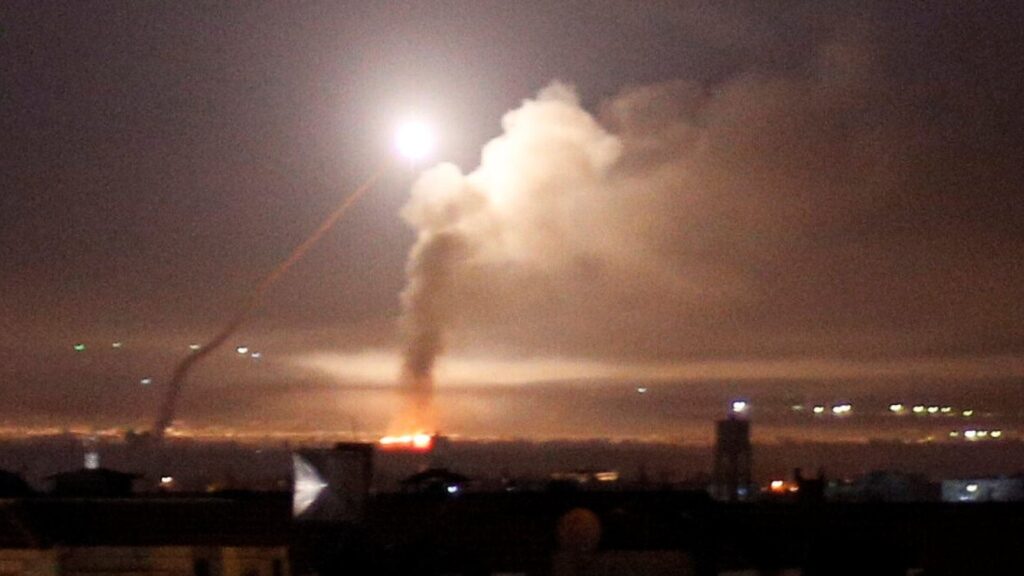
Iran Responds with Missile Attacks on Israeli Cities
Iran retaliated by launching dozens of missiles targeting Haifa and central Israel, resulting in the deaths of at least eight people and injuring dozens more. Israeli Army Radio reported fatalities in both Tel Aviv and Haifa, raising Israel’s death toll to over 20 in the past four days. Around 300 people are reported injured.
Iran said it launched over 100 missiles in response to Israeli attacks that have killed at least 224 people in the Islamic Republic since the strikes began on Friday. Explosions were reported across western and eastern Tehran, with air defences activated in key regions.
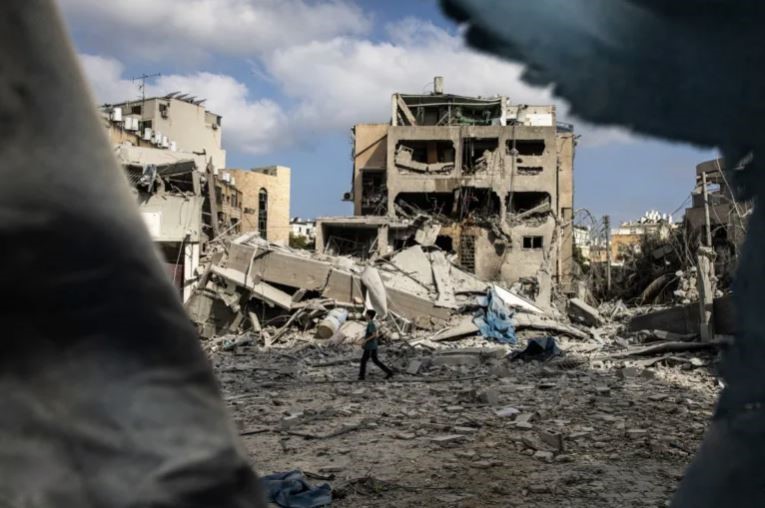
US Caught in the Crossfire
A branch of the US Embassy in Tel Aviv sustained minor damage during Iran’s missile barrage. US Ambassador Mike Huckabee confirmed the incident, as President Donald Trump urged diplomacy but warned that both sides might “fight it out” before any resolution.
Trump stated the US had “nothing to do” with Israel’s campaign but also threatened to use “the full strength and might” of the US military if Iran targeted American interests.
Iran, in turn, accused the US of complicity and hinted at possible retaliation against US forces in Syria and across the region.
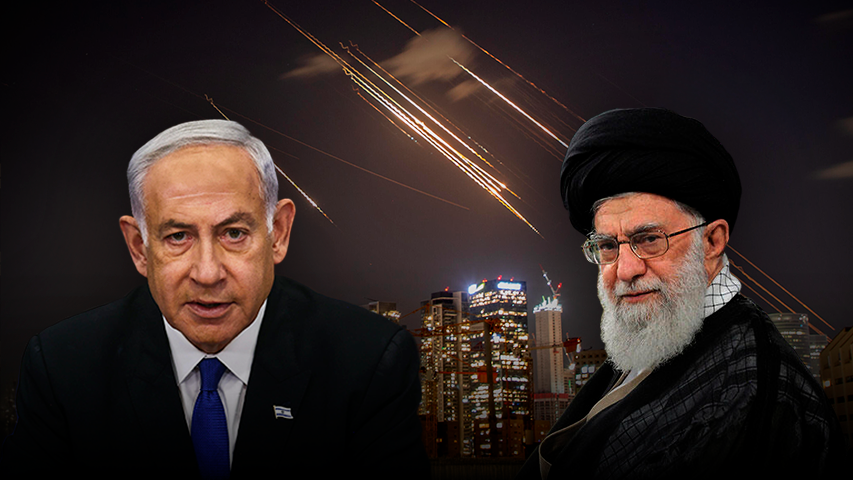
Netanyahu and Khamenei in the Crosshairs
Israeli Prime Minister Benjamin Netanyahu refused to rule out a strike against Iran’s Supreme Leader Ayatollah Ali Khamenei. In an interview, he said targeting Khamenei could “end the conflict,” rather than escalate it.
Iranian President Masoud Pezeshkian called for national unity in response to the attacks, urging parliament to stand together against what he called Israel’s “genocidal aggression.”
Outlook: No End in Sight
The death toll from both sides is approaching 250, with diplomatic efforts appearing stalled. Iranian Foreign Minister Abbas Aragchi said Tehran was open to diplomacy but stressed that Israeli aggression must end first. “It takes one phone call from Washington to muzzle someone like Netanyahu,” he added.
With heightened rhetoric and active hostilities, the prospect of a broader regional war remains dangerously high.


